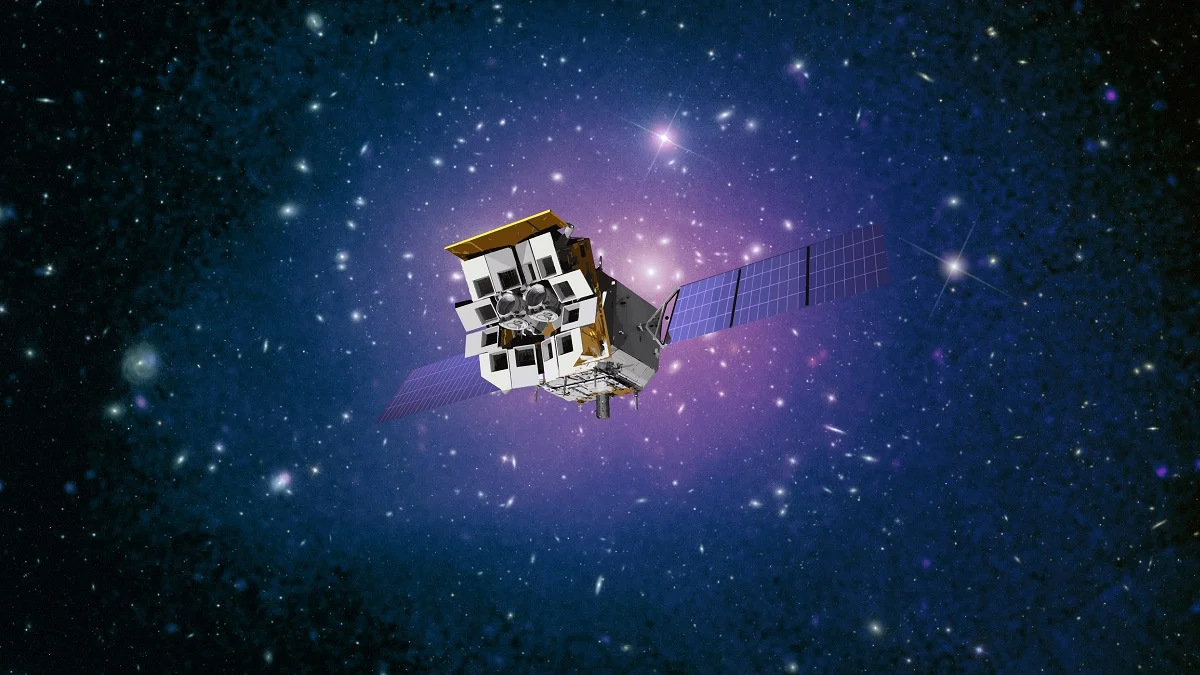Einstein Probe

Looking for X-ray transient events with very high sensitivity

How common are black holes and how do they swallow matter? What kind of events produce gravitational waves? What happens when a star explodes and goes supernova?
The Einstein Probe (EP) is an X-ray astronomical space mission led by the Chinese Academy of Sciences (CAS) in collaboration with the European Space Agency (ESA) and the Max Planck Institute for Extraterrestrial Physics (MPE) aimed at opening a new view of the transient high energy sky. The mission will help scientists answer questions like: How common are black holes and how do they swallow matter? What kind of events produce gravitational waves? What happens when a star explodes and goes supernova?
The sky is rich in variable and transient X-ray sources, and outburst phenomena in the X-ray range. The well-known examples range from stellar flares in the neighbourhood of the Solar system, to variability and outbursts involving neutron stars and black holes in our galaxy and other galaxies nearby, and to spectacular gamma-ray bursts out to the edge of the universe.
Einstein Probe is a mission dedicated to time-domain astrophysics that will discover transients and monitor variable objects in the soft X-ray band with very high sensitivity. It will be detecting high energy flashes of cataclysmic cosmic events, including tidal disruption events (stars pulled apart by supermassive black holes), supernovae, neutron stars and black holes, and high-energy, electromagnetic counterparts of gravitational wave events.
The probe is equipped with two X-ray telescopes, both focusing optics. The Wide-field X-ray Telescope (WXT) will monitor the sky with on-board triggering capability. The Follow-up X-ray Telescope (FXT) is for quick onboard follow-up characterisation and more precise positioning of detected transients, and for observations of targets of opportunity (ToO) by uplink commands.
THE IEEC CONTRIBUTION
The IEEC is part of the ESA Einstein Probe Science Team, and is Chairing the Science Topical Panel 4 on Compact Objects, and part of the Einstein Probe Science Management Committee. Furthermore, the IEEC is part of Science Topical Panels on Fast extra-Galactic Transients and Multi-messenger events follow-up.
